INTERVIEW WITH NICOLAS SOYERE, SECRETARY GENERAL OF EUROCHAM SENEGAL
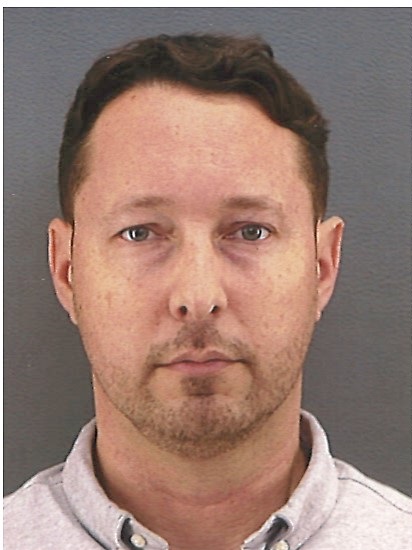
Economic outlook of Senegal today – and what are the prospects for the country?
GDP growth has been quite strong compared to what we know in Europe, between 5% and 8% depending on the counting method, for at least four or five years. In 2024, we had a complicated first quarter, because of the uncertainty surrounding the elections, but fortunately, things went well.
The big boom to come is in the next two or three years with the active and effective exploitation of oil and gas, which will boost the country’s economy. In the short term, we hope that this will lead to significant industrial and agricultural development, as it should bring down the price of energy. There are great hopes for it, mainly around gas, because with gas you can easily make pumps and engines for irrigation and for industry in general. We hope that productive sectors will be able to benefit from that.
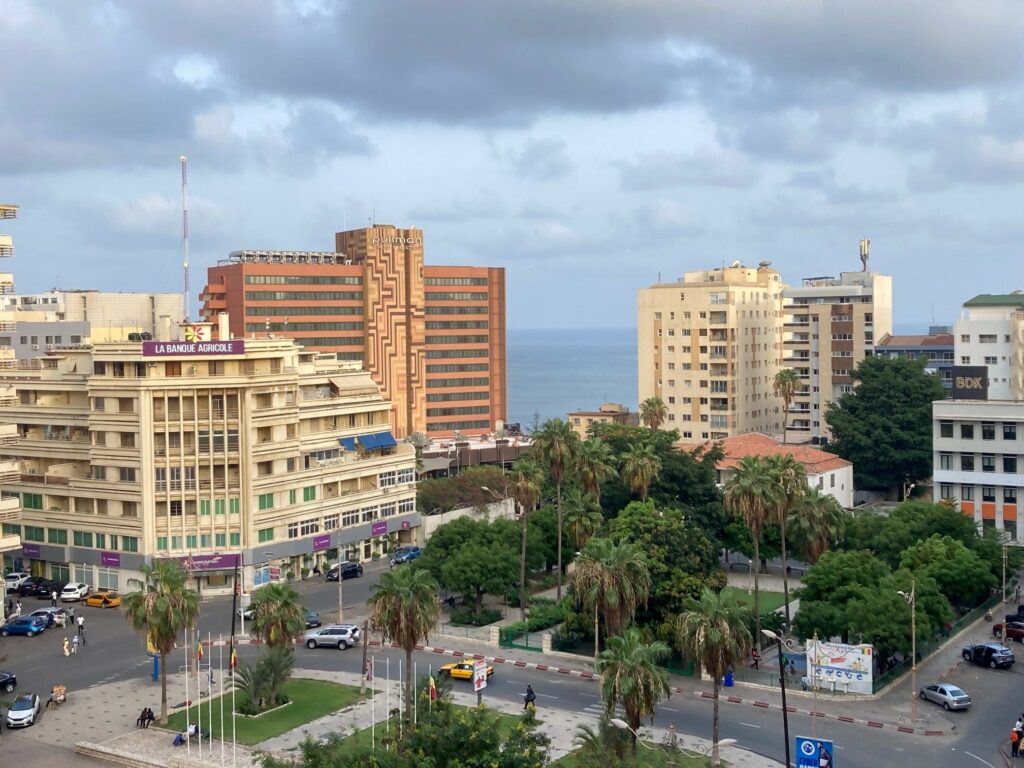
Which kinds of business opportunities are there for Finnish companies in Senegal?
Senegal imports a lot of things. It would be ideal to know the strengths of Finnish companies. I know that you have expertise in energy, particularly renewable energies. Senegal is trying to invest in renewable energy, but also in oil and gas. There are some interesting things to be done in this area, because for the moment Senegal is totally dependent on imports for all its energy production. Senegal also imports food products, machinery, tools, etc.
Alongside this, there is also a need for training, but unfortunately in French or often in the local language Wolof, which limits the capacity to provide this kind of services from outside.
Please, also explain us which kinds of investment opportunities there are for Finnish companies in Senegal?
The main investments that are going to be profitable are obviously in energy. Energy production, especially if it is equipment that is produced in your country, can have a competitive advantage once it’s installed locally by companies that have the necessary expertise to master it.
Then there is agro-industry in the broad sense of the term, with a lot of opportunities, even if there are also difficulties and things to be checked before you come. But agricultural production and processing are two key drivers for Senegal in the future, with a real workforce that exists, land that’s available but complicated to obtain and, as I said earlier, cheaper energy soon to be available for processing all these resources.
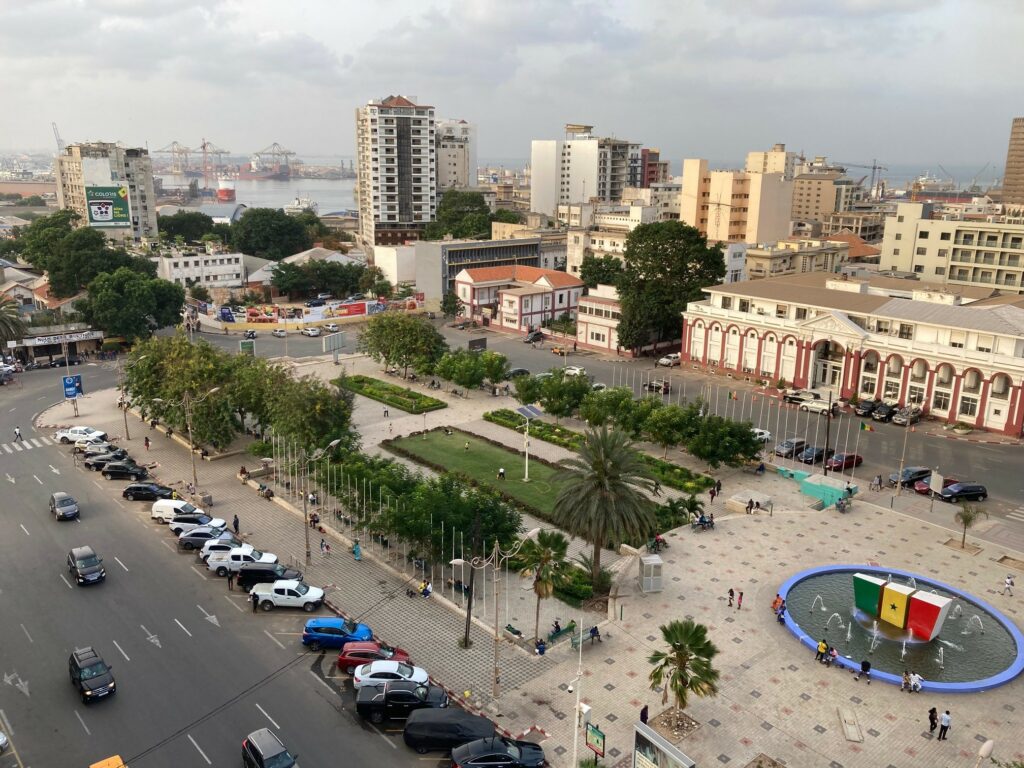
There is also the blue economy, with aquaculture in particular, where there are many opportunities. So here too it’s a question of know-how and bringing in skills. You need to come with know-how, which is important, and a bit of capital to be able to implement it.
If a Finnish company decides to invest in Senegal, what are the most important issues this enterprise must take into consideration in order to succeed in the market?
The first thing to bear in mind, as with any business anywhere in the world, is to draw up a business plan and try to confront it with the reality on the ground. Of course, we’re not in Europe, we’re not in the United States, we’re not in Asia, here we have different challenges. So you need to make a stress test to see if the business plan is viable in the short, medium and long term.
In addition, you have to understand that doing a one-shot in Senegal generally doesn’t work: I come, I sell, I leave… it’s quite complicated. You have to come with the idea of setting up for the long term and building something. Obviously, that requires capital, as well as skills that need to be applied and shared with local staff.
Thirdly, it is unrealistic to think that you’re going to do a whole business with just expatriate staff; you have to accept from the outset you have to train people in your technologies so that you can implement and develop them in the country, that’s an important thing.
Beyond that, why not come and see us at Eurocham, to discuss the project with the knowledge we’ve accumulated in the field and to anticipate the problems we all know about: for example access to land. Especially in agriculture, but also in industry, there are land issues to consider and solve.
Then, increasingly – and we’re waiting to see what the new government is going to do about this – you have to see whether the activity you want to develop is not restricted by what is known as “local content”, which is a kind of nationalist protection on strategic sectors. In the long term, it could go against sub-regional rules, but you have to check the immediate impact of these new rules on your activity. The government is in the process of introducing “local content” laws to impose Senegalese companies as subcontractors in large proportions mainly in oil and gas, but also in mining. The problem is that the definition of a Senegalese company is not very good. For illustration, in Eurocham we have Senegalese corporations with European shareholders, settled in the country for many years, paying their taxes in Senegal and whose employees are 99% Senegalese: most of our companies are not considered as local content compliant. If there is a need to be compliant with the “local content” and associate with a Senegalese company, it’s good to come and see us at the Chamber. We know how to find reliable people to set up joint ventures with well-known and recognised existing Senegalese companies, sometimes members of Eurocham, because we have people who have double or even triple nationality.
Then there are the customs, tax and labour regulations that have to be taken into account, and which are not necessarily easy to understand. You don’t always imagine how complex this system can be. You have to anticipate that not everything is fluid. It can take much longer to implement a project than you might have imagined at the outset.
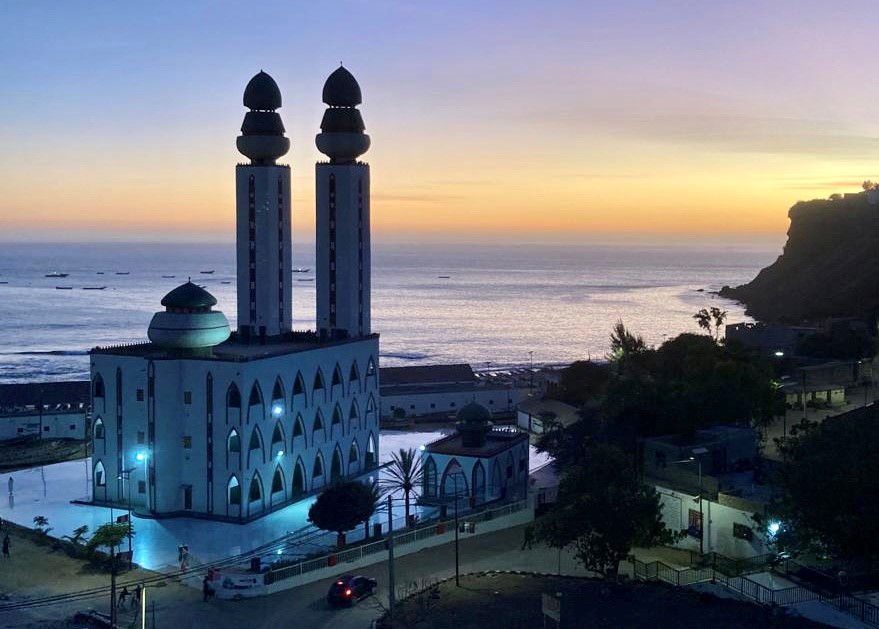
Which kind of assistance and which kinds of benefits there are in Senegal for Finnish companies which would like to invest in Senegal?
In Senegal, there is normally no special treatment for companies, wherever they come from, because we are governed by the OHADA code related to free import of capital. There are no specific advantages for the Finns, but Senegal has an investment code which is currently being revised and which allows companies to benefit under certain conditions from exemptions, particularly from customs duties. If you set up a factory, you can benefit from customs exemptions on the machines, tools or production equipment that you are going to use.
Then there are a few other mechanisms that we consider more dangerous. In particular, you can take advantage of what is known as suspended VAT. If you are not exempt from VAT on your imports, you can defer VAT for two years. When you buy, you don’t pay the VAT to the supplier, so it reduces your disbursements by 18% while you wait for business to start. Once you’re up and running, you pay this VAT back directly to the government. It’s good, but it’s also dangerous because, if something goes wrong, after a maximum of two years the VAT is in any case due.
There are also special economic zones, and tax and customs advantages for companies that set up in these zones. However, being in a special economic zone is not enough to qualify for exemptions. You have to meet a certain number of criteria; these include export criteria, the number of employees per surface area or per turnover, and so on. At Eurocham, we’re here to explain what the promise is, because we’re used to it, and unfortunately we’ve seen a lot of people get fooled by only reading half the document.
What you have to bear in mind is that Senegal is not a tax haven, far from it, there are some interesting things, but we are still in a system of high state taxation of companies.
Please, tell us the main rules of business culture that a Finnish businessman should know.
I don’t know how to translate it, but in Senegal we say “buying doesn’t mean paying”. That’s the first rule you need to know. It applies whatever type of business you’re in. So you have to lock your contracts, do due diligence on your customers, ask for guarantees, letters of credit, etc. The payment period from private to private is quite long. From private to state, it’s even longer. We’re in a situation where the government owes companies a lot of money, and companies owe each other a lot of money too. The cost of money in the banks is exorbitant. The average time taken to settle a commercial dispute is 5 years. So for 5 years you don’t get paid, at best. It’s a long time and it’s complicated, which is why you have to take it into account. It’s very good to sell, but it’s better to get paid. That really is rule number 1.
The other thing is to be aware of the Senegalese partner’s need for recognition, which is quite important. When you’re in Central Africa, you’re more likely to be in conflict when you’re negotiating business deals. Here, you have to show a great amount of respect, a bit like what you see in Japan… The idea is that you have to be calm, patient, and flattering with your Senegalese partner; conflict doesn’t work. You have to remember that Senegal is attractive because of its political stability. So the Senegalese partner will think that if you don’t want to sell to him, someone else will. They’re aware of that, and even today they’re playing on it.
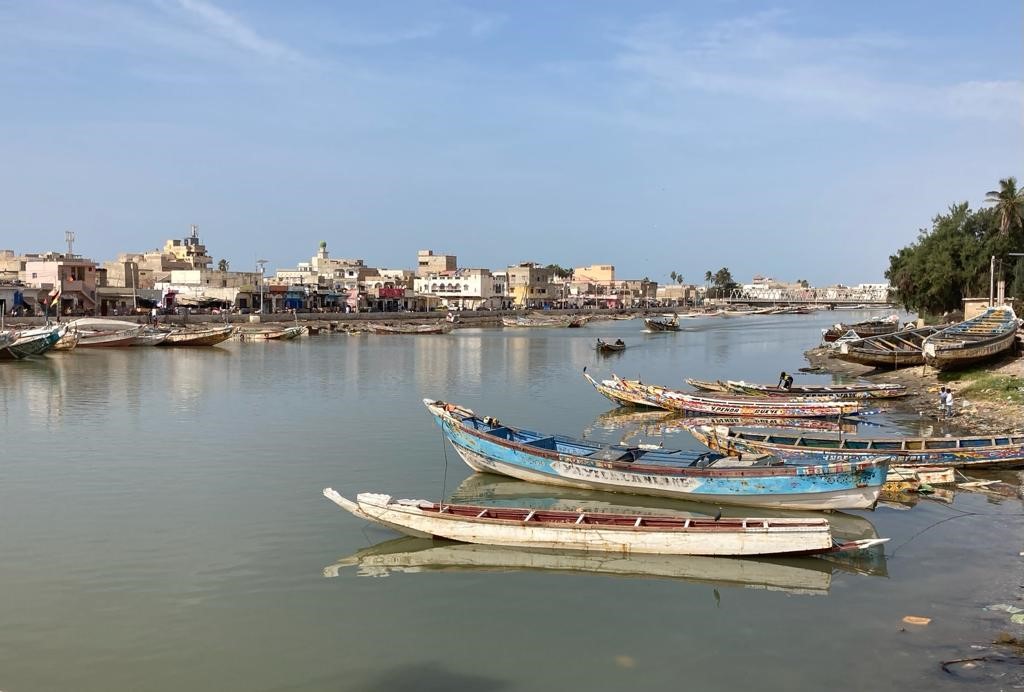
Please, tell us about the tourist attractions and holiday resorts in your country. What about delicacies of your cuisine?
As far as tourist attractions are concerned, we have quite different landscapes from the southern Sahara, to Sahelian steppe, wetlands of the Sine and Saloum, mangrove swamps, salt pans and rivers. We have some nice animal reserves that are easily accessible, quite a lot of modern tourist activities such as gyrocopters, parachute jumping, boat cruises etc., and a road infrastructure that allows you to go from one place to another quickly. There are also colonial towns that have been more or less preserved, such as Saint-Louis and the island of Gorée. Then we have also tourism based on fishing and hunting. Those are very expensive forms of tourism, but with high added value for the local populations. I’d say that Senegal is Africa made easy, above all because you can travel safely from one point to another and see so many different things.
Senegal’s climate is quite pleasant 9 months out of 12. And it’s good to remember that in Senegal there’s very little insecurity in general. As a French person, I feel less safe in Paris than in Dakar. Of course, like everywhere else, you have to be careful, The people are friendly, there’s not much crime, which makes it a pleasant country for tourists. And there’s been no terrorism, which isn’t the case of our competitors in Northern Africa.
Regarding gastronomy, Senegal is not like Madagascar where you can find any food you want. We have mainly three traditional dishes: yassa (onion-lemon sauce), mafé (peanut sauce) and thiébou dieune (rice with fish and vegetables). Besides those dishes you can find lots of other things: beef, pig (even if it’s forbidden by Muslims), lamb, all kinds of seafood from fish to oysters, lobsters, prawns from Casamance etc.
Text: Nora Klami, Embassy of Finland in Dakar

